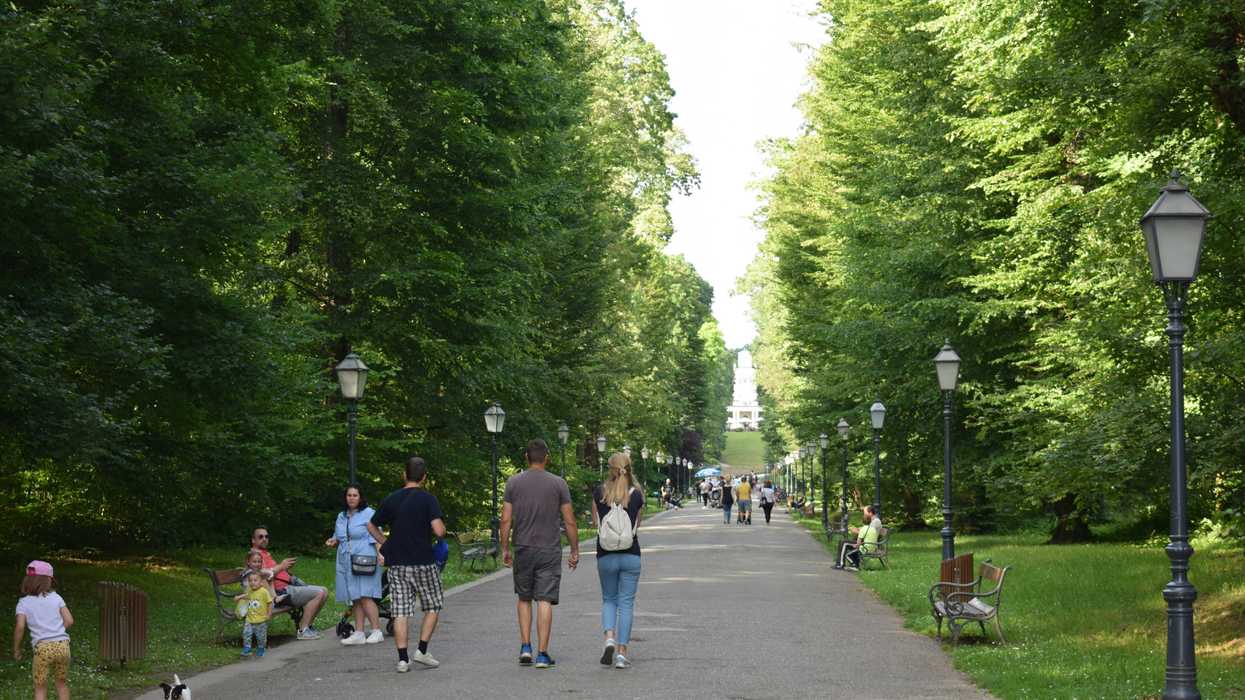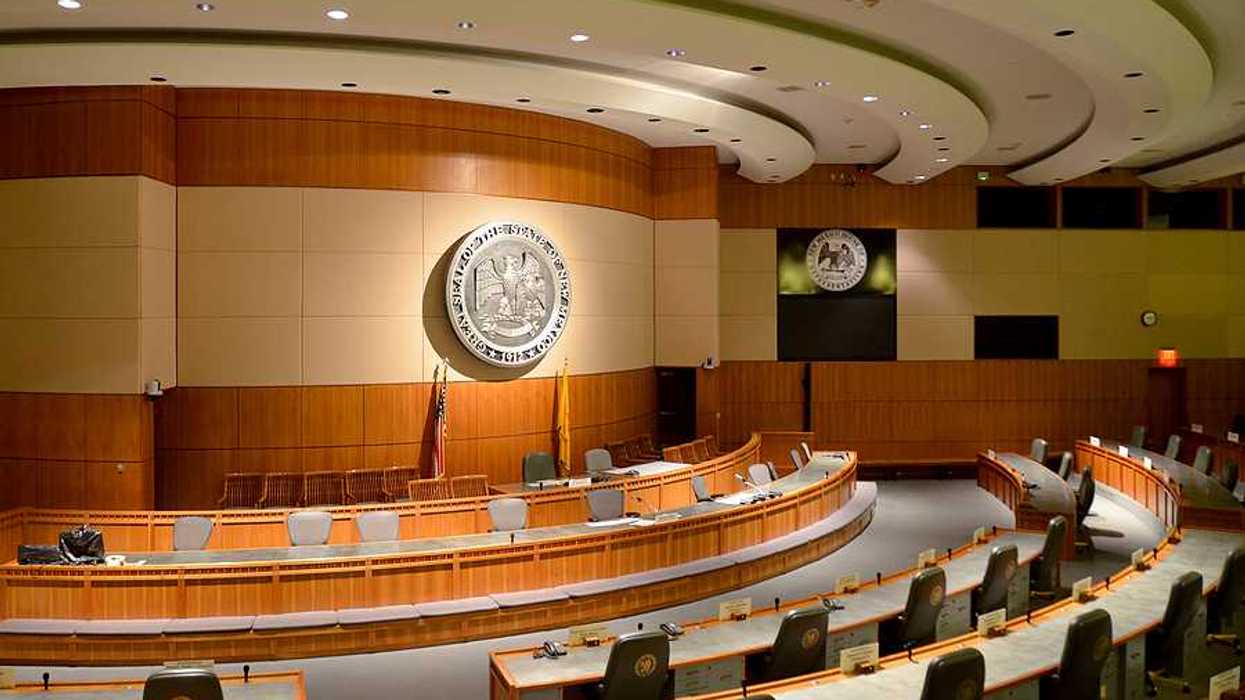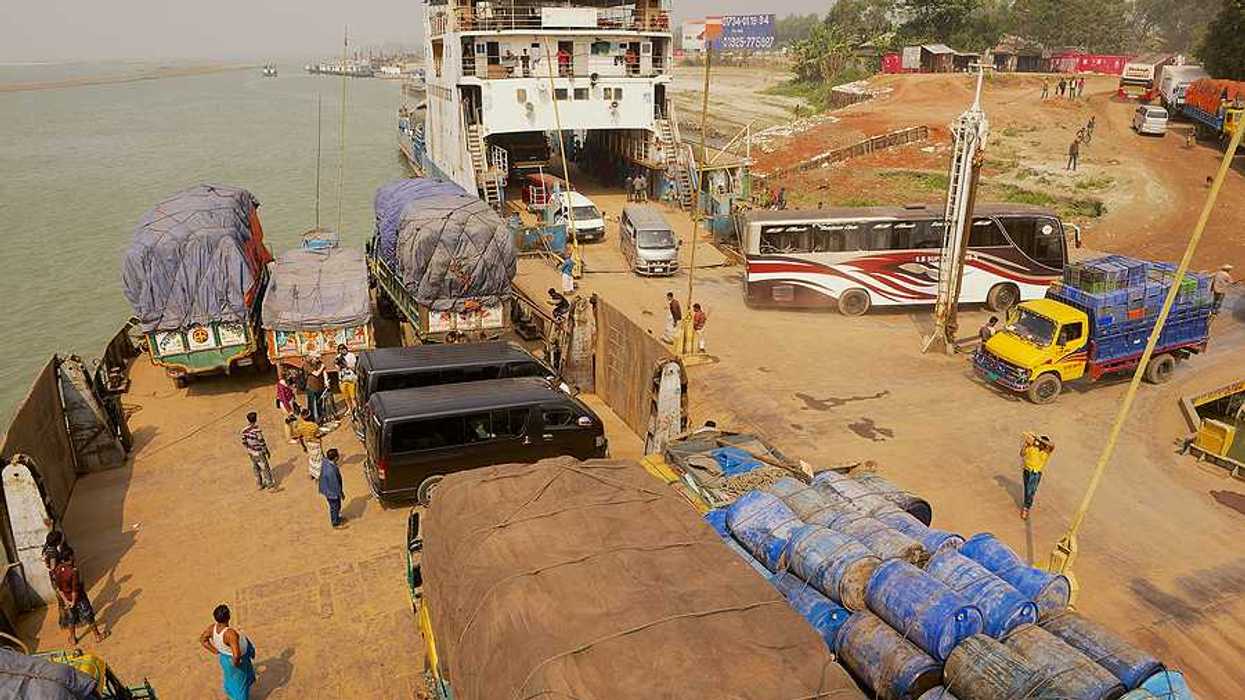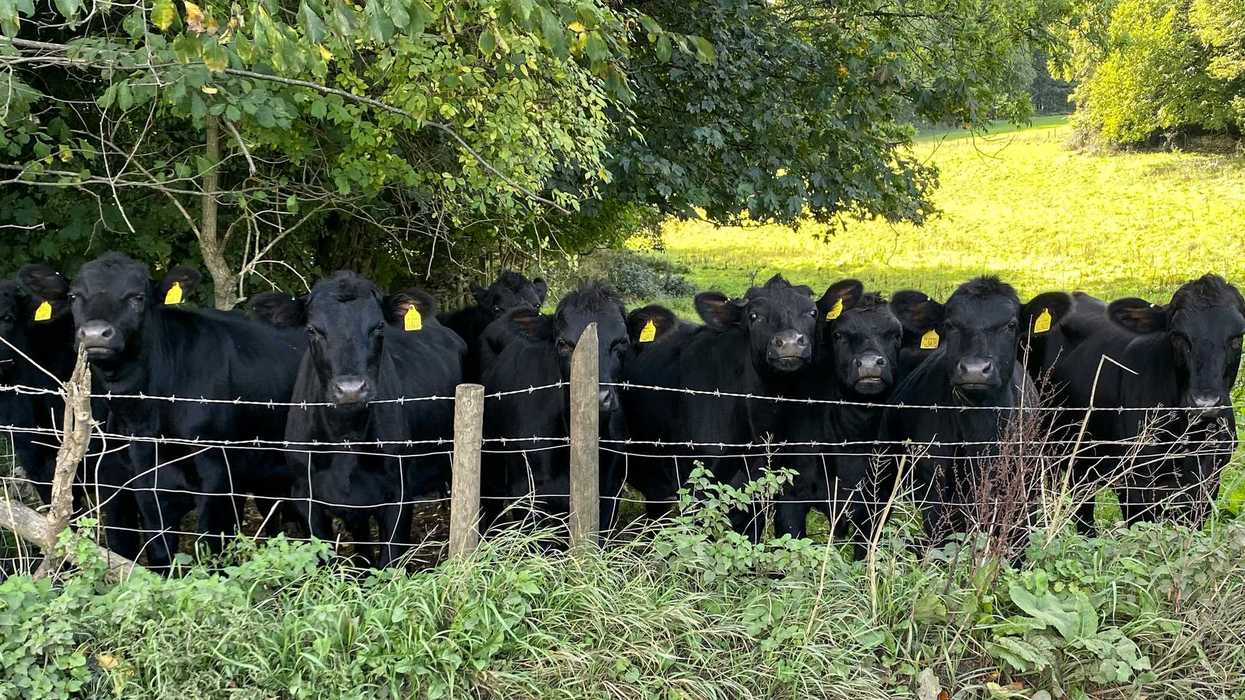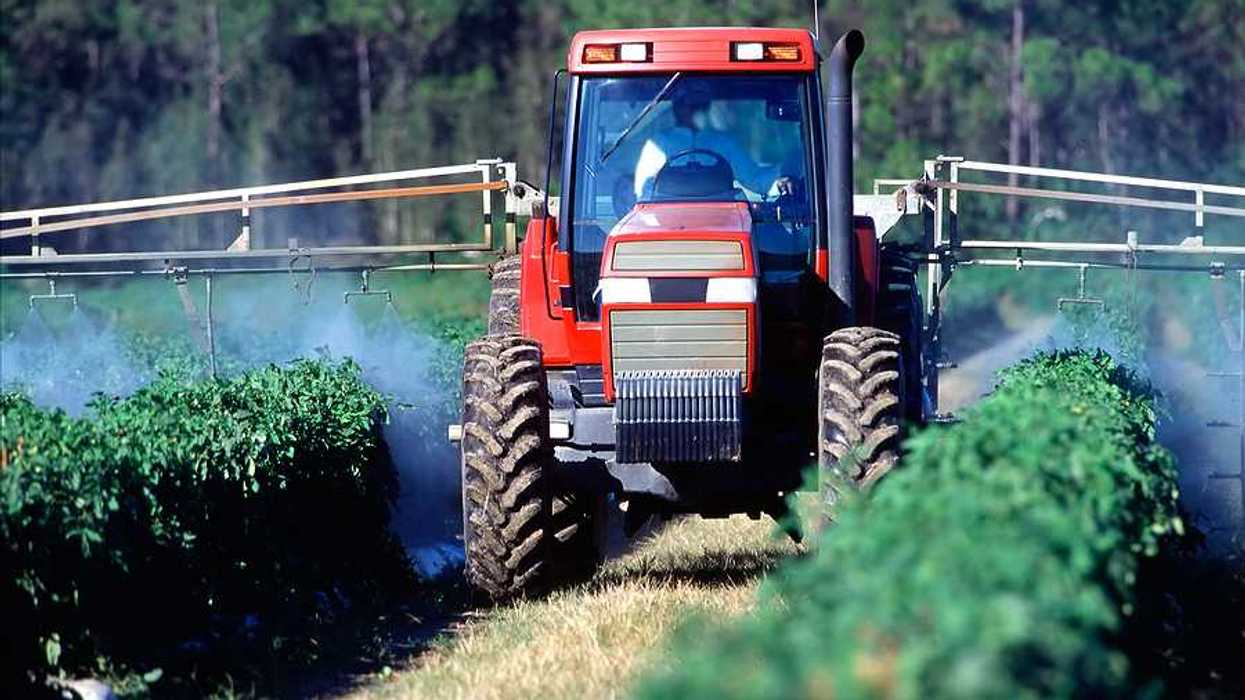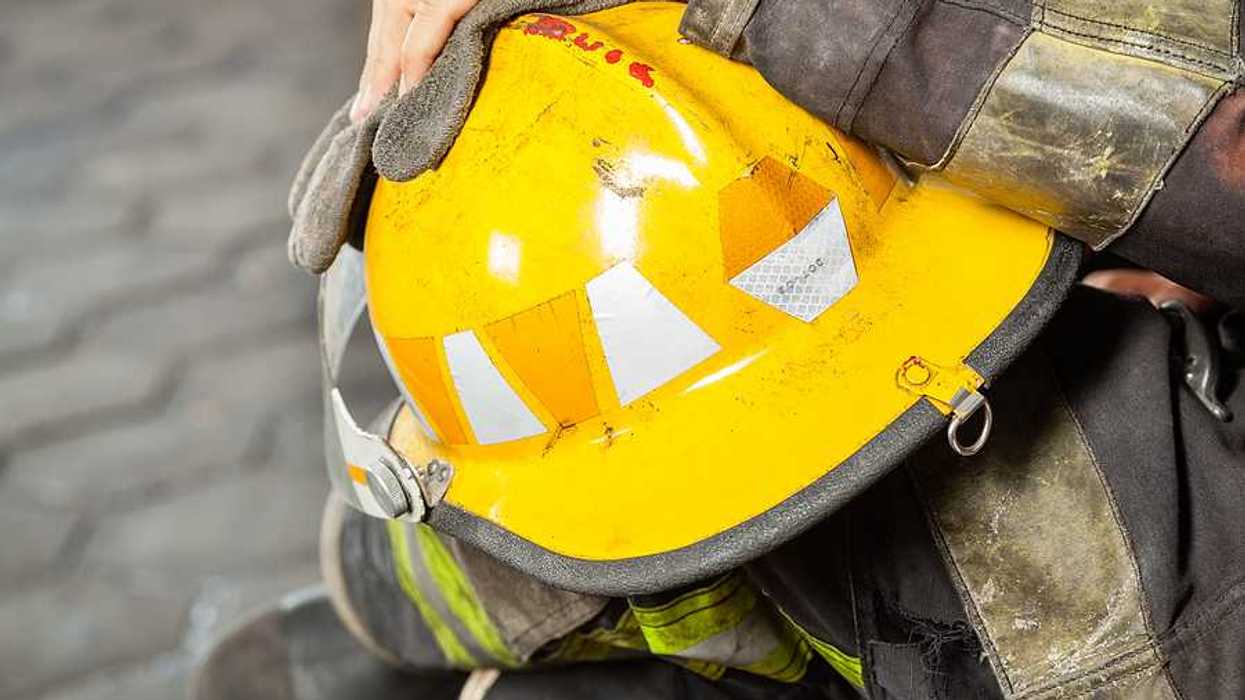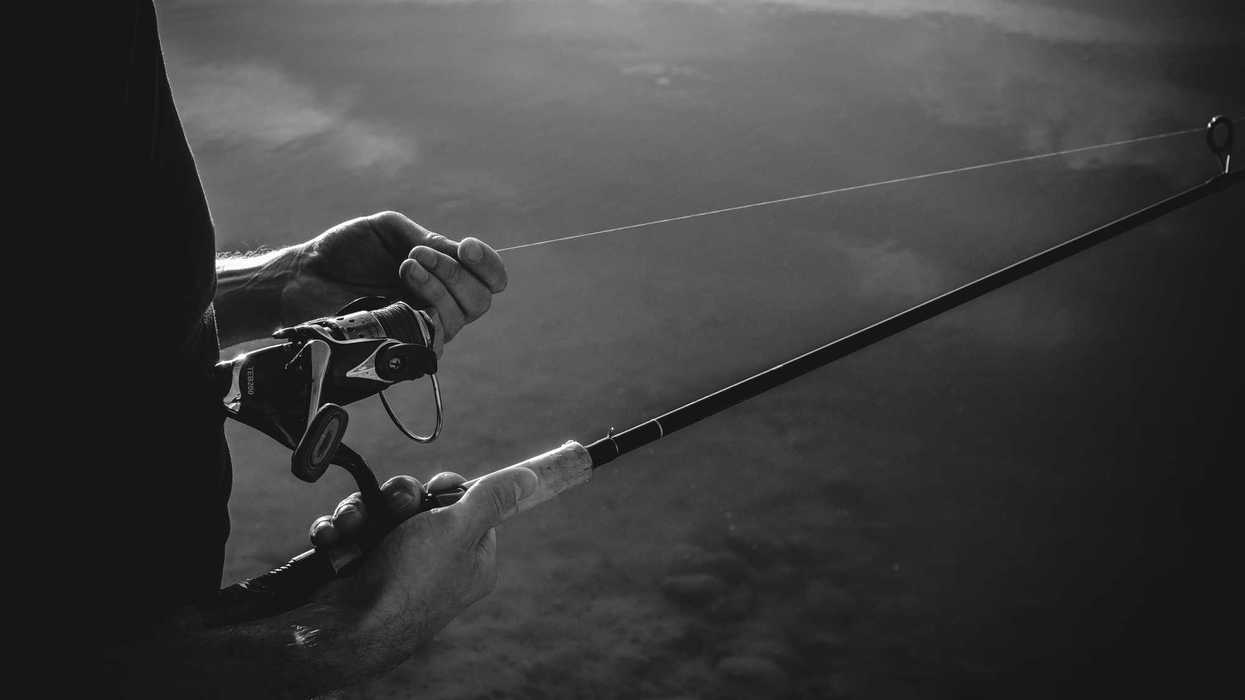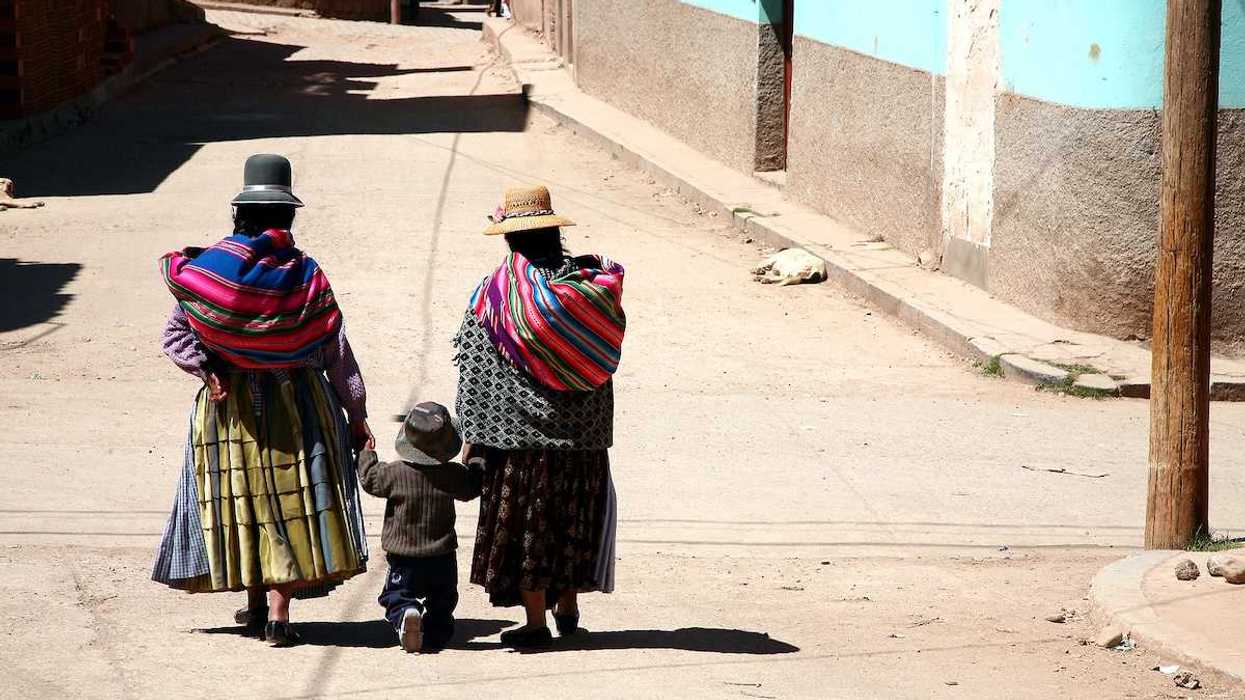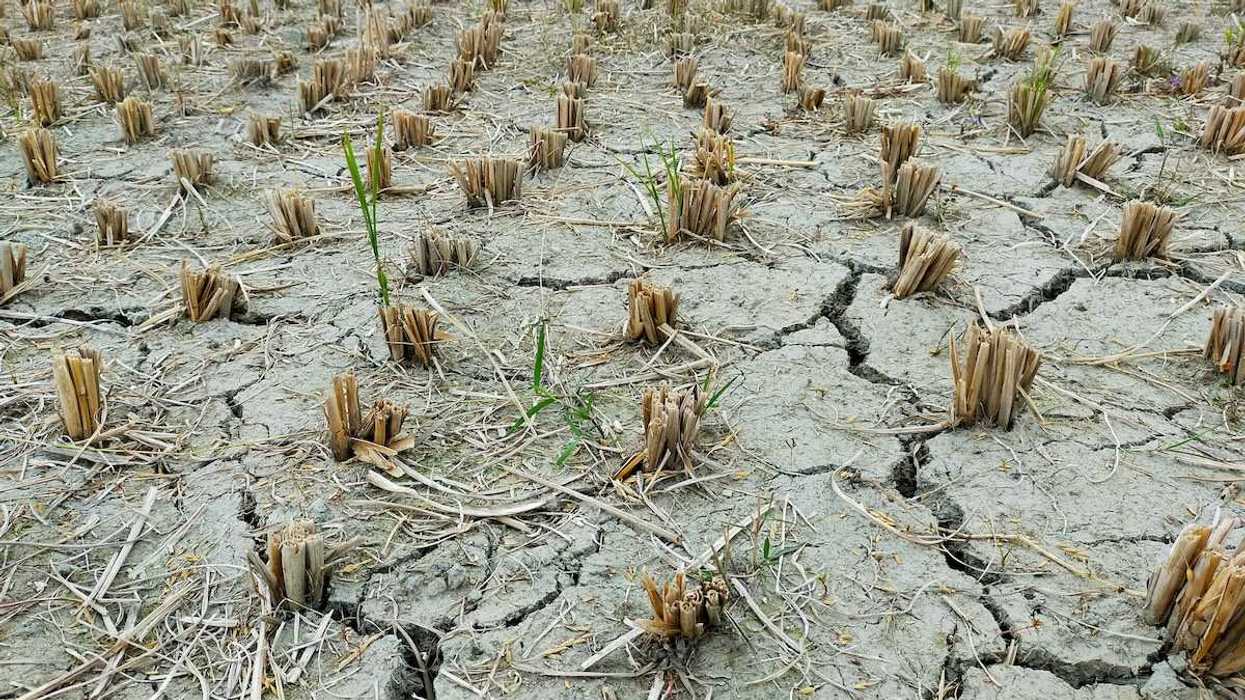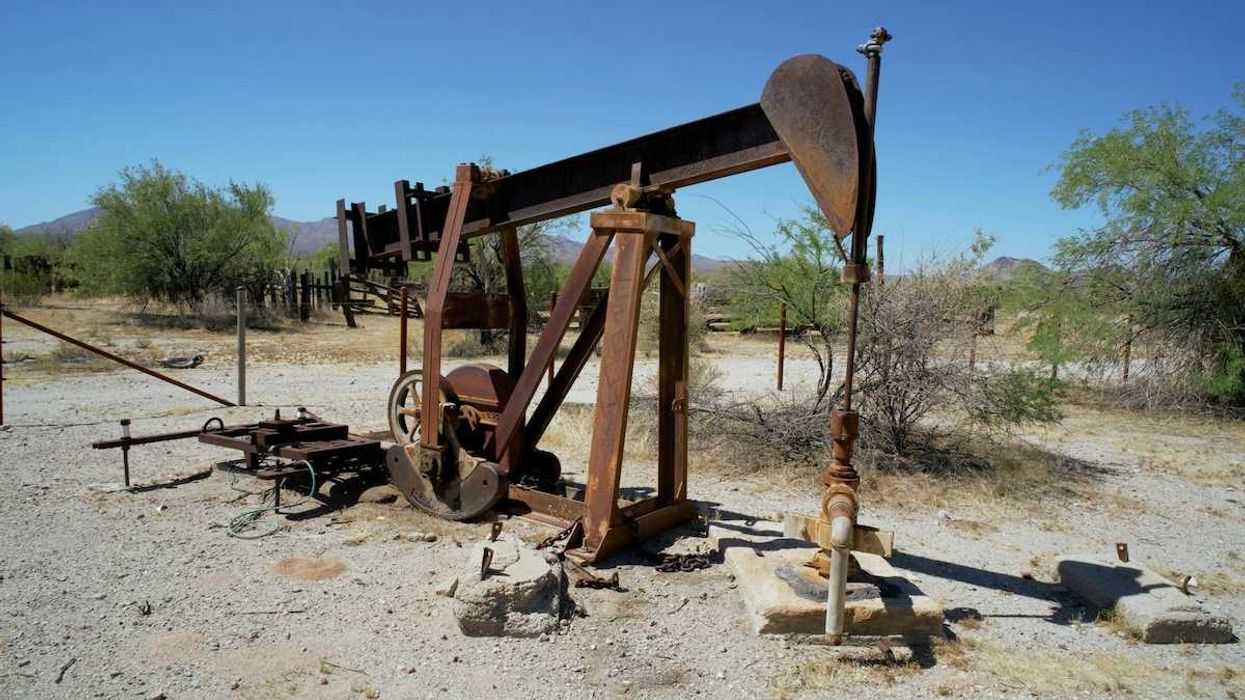In the wake of the Lahaina wildfire, scientists and locals grapple with the potential toxic runoff into Maui's coral ecosystems. Audrey McAvoy reports for the Associated Press.
In short:
- The Maui wildfire presents a unique opportunity to study the effects of urban fire runoff on coral reefs, including toxics from burned materials.
- Local residents, deeply connected to the sea for food and recreation, express concerns over the safety of ocean waters and marine life.
- Initiatives are underway for water quality monitoring and environmental protection, emphasizing the need for patience and further research.
Key quote:
“I know a lot of people keep asking, ‘Is the water safe? Can we go out? Is it safe to fish and eat the fish?' We just want to reinforce the message that we know it’s frustrating, but if people can be patient. We’ve never encountered anything like this.”
— Russell Sparks, Maui aquatic biologist at the state Department of Land and Natural Resources
Why this matters:
The Lahaina wildfire and its toxic aftermath presents another scenario of the far-reaching threats that climate change imposes on communities, ecosystems, and public health policies. Chemical fallout, contaminated runoff and ecosystem threats can come from any number of sources.


